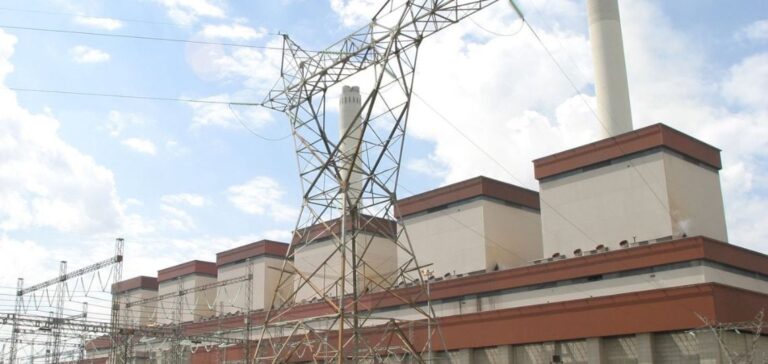Eskom, South Africa’s leading electricity supplier, has stabilized the performance of its thermal power stations, reducing unplanned capacity losses from 18 to 12 gigawatts.
This improvement enables the company to suspend planned power cuts for the next seven months, the first time this has happened in several years.
This development is the result of a strategy to optimize existing infrastructures, focusing on critical power plants such as Tutuka, Kendal and Kriel.
Summer strategy
Eskom ‘s objective is to keep unplanned capacity losses below 13 gigawatts, a threshold considered sufficient to avoid supply interruptions during the austral summer, which runs from September to March.
At the same time, 2.5 gigawatts of new generation capacity are expected to be added to reinforce the reliability of the power grid.
This approach is designed to ensure grid stability against a backdrop of growing energy demand.
Implications for industrial sectors
The absence of power cuts over an extended period would have a direct impact on industrial sectors, particularly those heavily dependent on a constant energy supply, such as metallurgy and mining.
This stability could also contribute to greater predictability of operations for businesses, reducing the risk of supply chain disruption.
Stability of electricity supply is a major issue in South Africa. Eskom continues to focus on optimizing its thermal resources to ensure continuity of service.
However, the fragility of the network remains a concern, and any technical failure could quickly reverse recent gains.






















